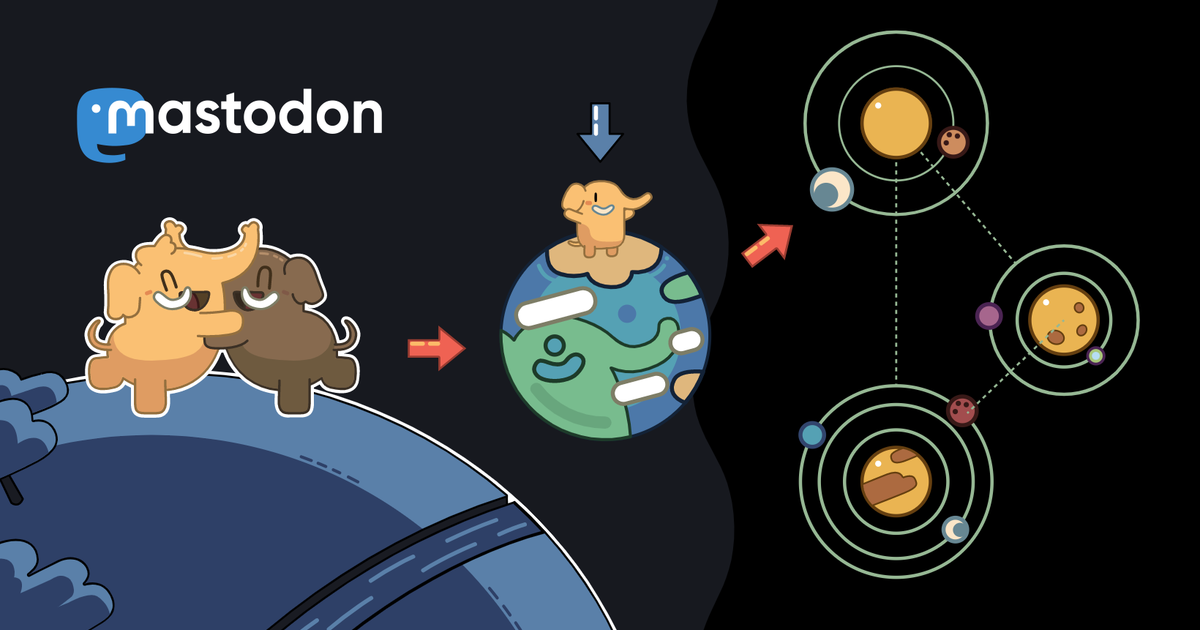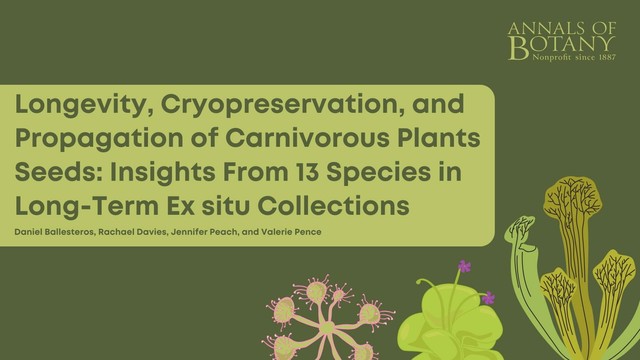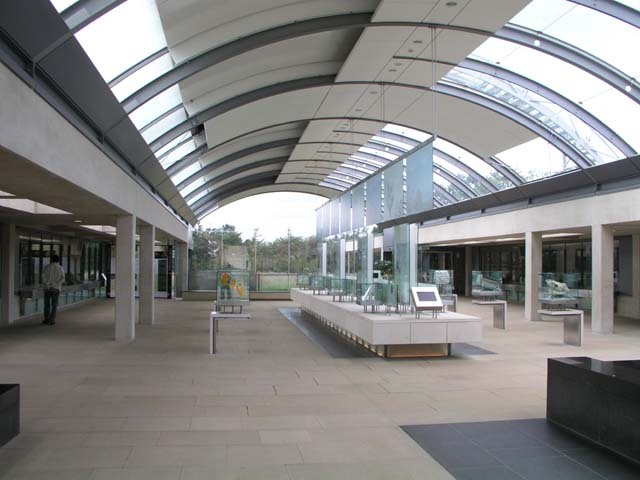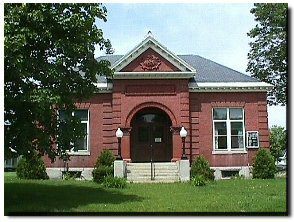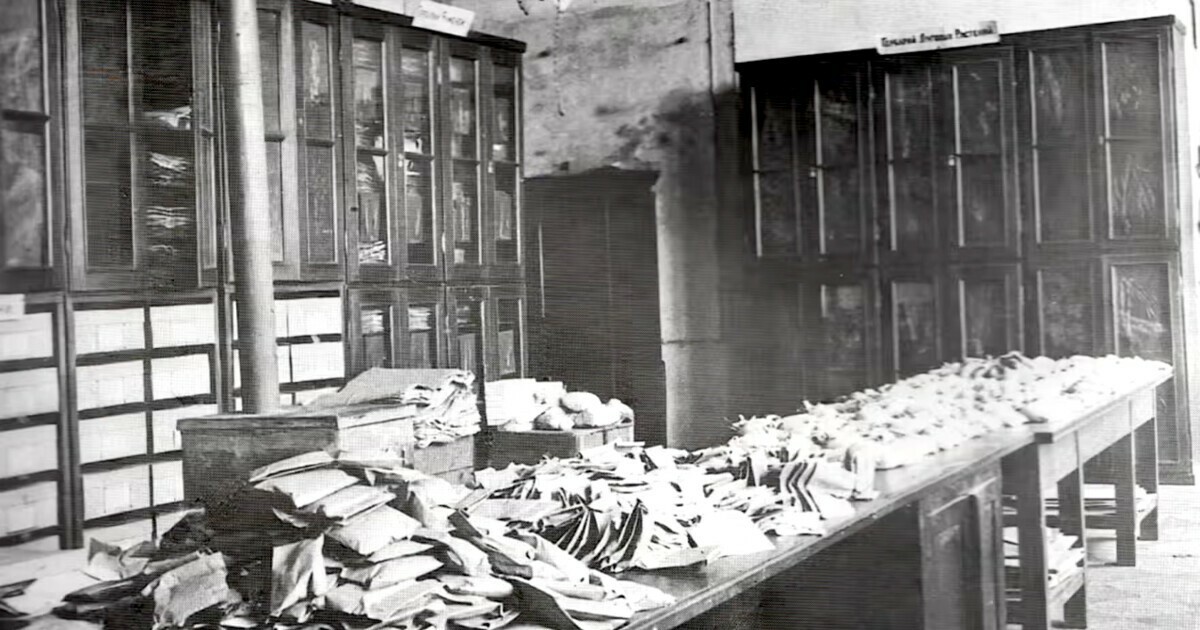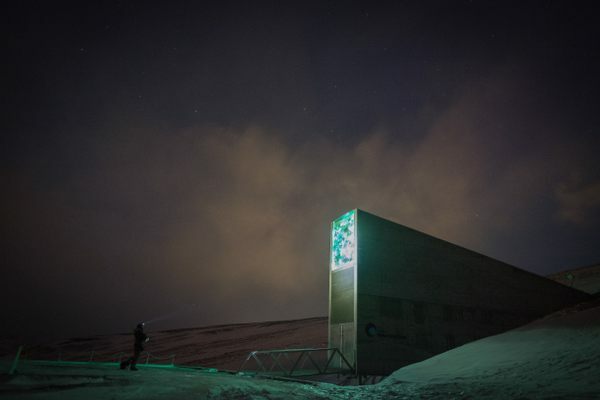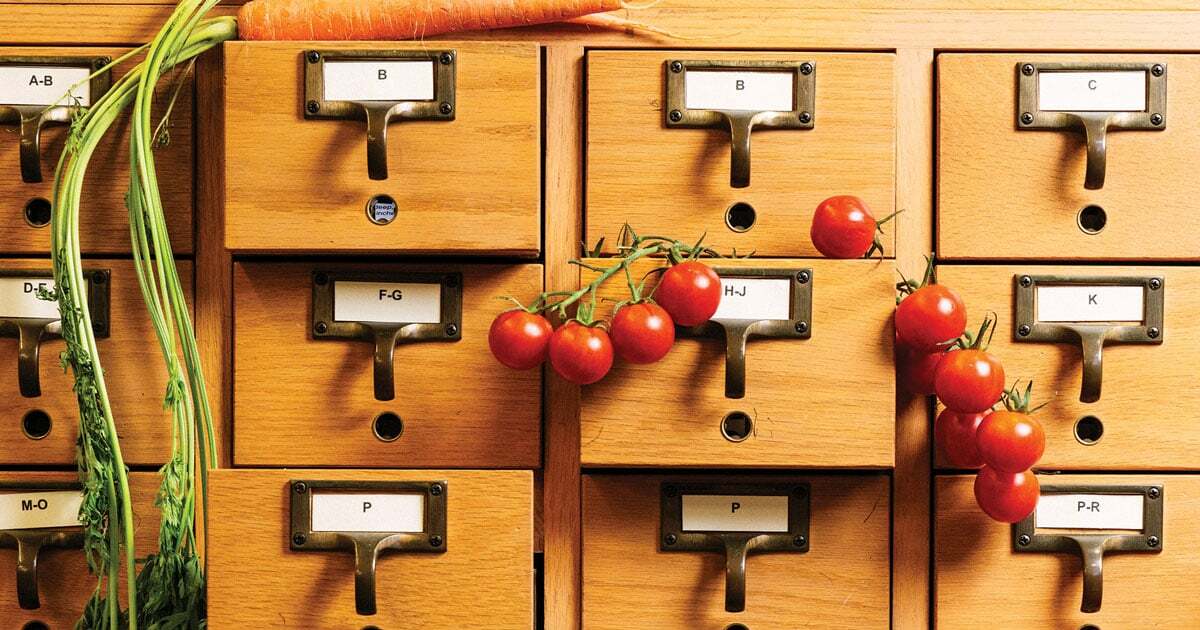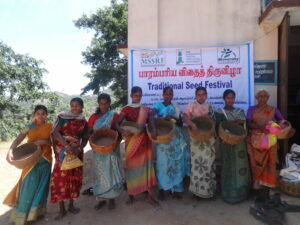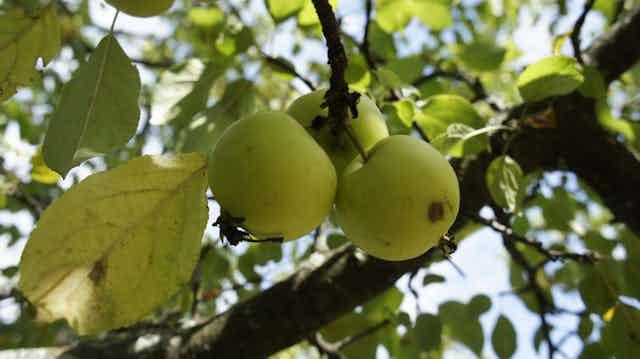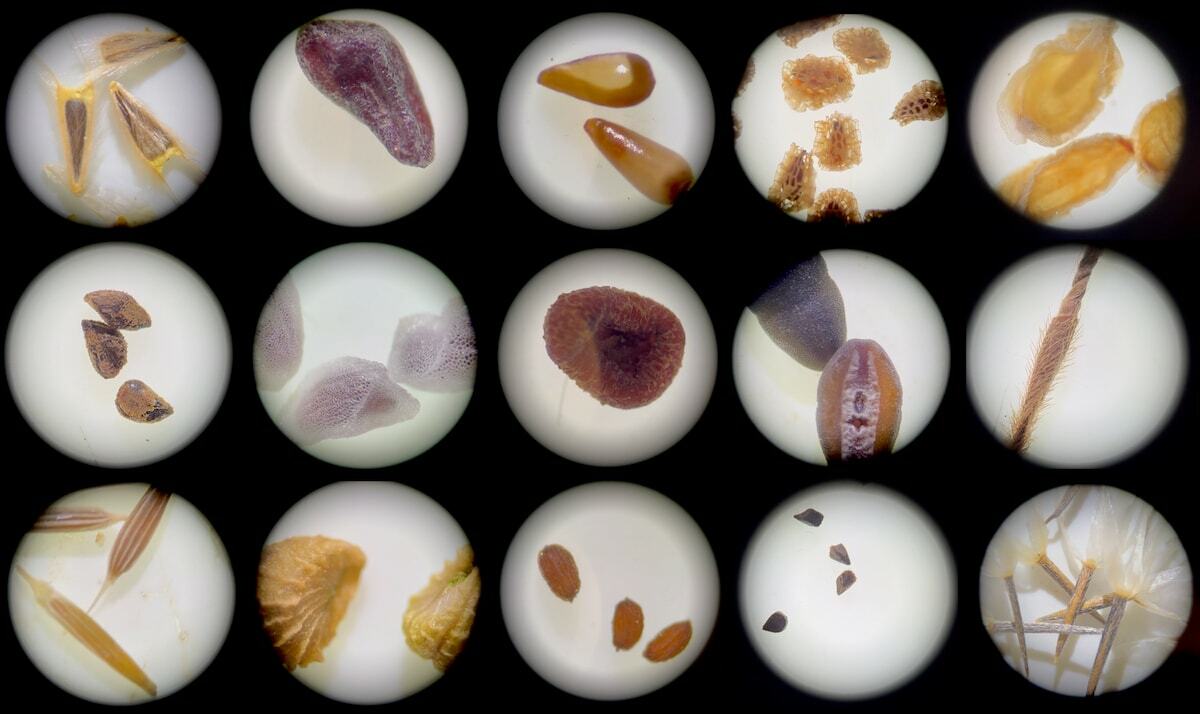I posted the whole article because of the paywall. I listened to #EllenMacDonald at the #APCAW conference on #EmeraldAshBorer earlier this week. She and #JohnDaigle of #UMaine were facilitating the workshop. This article contains a lot of the same information I learned at the workshop! Seed banks + teaming up with the Wabanaki peoples - modern technology meets traditional knowledge!
Native seeds preserved, protected to counter surging invasives
Calling all home gardeners and eco enthusiasts! Lend a hand this spring: Assist Wabanaki tribes and scientists fighting to save ash trees or partner up with statewide neighbors through local seed banks.
March 17, 2025
"The sun radiated overhead as Tyler Everett surveyed the green hills of the Mi’kmaq Nation in Presque Isle.
"Ash trees, mainly brown ash, are cultural keystone species for Wabanaki communities and wetland ecosystems in the Northeast. However, they’re under threat due to the spread of the emerald ash borer.
"This collective of forest caretakers works together to raise awareness of ash trees’ significance and the efforts, such as seed banking, to conserve them. It continues the work the Brown Ash Taskforce set forth 20 years ago after tribal members detected early signs of the invasive pest.
" 'Emerald ash borer was discovered by basket makers who noticed the trees, whose bark they relied on, looked very unhealthy,' Everett said. 'Our work today still centers around our tribal partners who first sounded the alarm.'
"#APCAW resembles a national movement, the #IndigenousSeedKeepersNetwork, cultivating solidarity within the matrix of regional grassroots seed #sovereignty projects — collecting, growing and sharing #HeirloomSeeds to promote cultural diversity.
"Here’s a look at some of the seed lending and preservation happening here in the Maine, from brown ash to Wabanaki flint corn.
" 'It may be no Doomsday Vault (also known as Svalbard Global Seed Vault),' said Emily Baisden, seed center director at #WildSeedProject. "But we’re doing some great work.'
"So, what’s a seed bank? Picture a temperature-controlled vault with billions of period-sized seeds in foil packets.
"Through storage, the goal is to preserve genetic diversity for future use, protect rare species and develop new crop varieties. Not only do seed banks play a role in food security, but also, at their best, they can restore plant communities after natural disasters like droughts or fires and provide valuable insight on how best to combat environmental stress.
"#SeedBanks operate at the community, national or global level — such as the #PetalmaSeedBank in California, which preserves the region’s agricultural diversity, or the #SvalbardGlobalSeedVault, the global backup for all other seed banks.
"In the far reaches of the Nordic island of Spitsbergen, the aforementioned 'Doomsday Vault' provides the world’s genebank, kept safe in case some catastrophe threatens the planet’s crops. If seed banks are a computer’s filing system, where documents are stored, Svalbard is the external hard drive.
"Enter Maine’s Wild Seed Project, an APCAW partner organization. The group hand collects and distributes 3 million seeds representing over 100 species of Northeast native plants yearly.
" 'Long-term seed banking requires #cryopreservation, akin to flash freezing,' Baisden said. 'It allows seeds to last for decades, if not longer. … We try not to store seeds for more than four years at Wild Seed. We dry them, place them in jars and label them by location. The newest are sold, and the older ones are used in our Seeds for Teachers program.'
"Baisden acknowledged the correlation between landscape management and biodiversity. When native plants disappear, likely through urbanization, the insects that depend on and coevolve with them also decline, as do the animals that rely on those insects (like birds).
" 'Most seeds sold in garden centers are propagated through clonal reproduction,' Baisden said. 'This minimizes genetic diversity, and as we know, #biodiversity is crucial for communal stability.'
"For a long time, the horticulture industry pushed to introduce non-native species that lacked natural predators and could quickly reproduce. Later, when forests were clear-cut in the 1900s, trees like the brown ash fell to the wayside, and non-native vegetation crept in.
" 'Maine, so far, is the only state with non-quarantine habitats free from emerald ash borer,' Baisden said. 'Studying these helps us plan ahead and learn. We hope that by working with #BasketMakers, foresters and scientists, we can store or distribute emerald ash borer–resistant seeds.”
Management shaped by Indigenous wisdom
"The spread of emerald ash borer has already caused 99% brown ash tree mortality in parts of Turtle Island, a small island between Mount Desert Island and Schoodic Point.
"As a group committed to science-informed strategies that align with Wabanaki priorities, APCAW has been collecting seeds (viable for up to eight years) from 46 healthy ash trees to store in a refrigerator at the University of Maine in Orono.
"As Everett noted, Indigenous people have long used brown ash as the primary material for #basketry, valuing its soft, splinty texture as ideal for weaving. The brown ash tree is also part of one of the #Abenaki origin stories.
" 'Brown ash was the root from which all #Wabanaki people emerged,' Everett said.
"The species’ decline evokes deep emotion. Recognizing this, Indigenous communities are at the forefront of APCAW outreach and land-management strategies.
"Program registration links are first shared with tribal partners, and they are often invited to co-facilitate or lead the event discussions. Occasionally, exclusive gatherings are held to allow basket weavers to connect in a more intimate setting.
" 'My job is to engage in a dialogue with our tribal partners and address any reactions they have,' Everett said. 'There’s a strong sense of responsibility to save brown ash, but opinions vary. Some hesitate about allowing the seeds to be stored outside the community.'
"Everett is currently drafting a document to serve as a resource for the #HoultonBand of #Maliseet Indians, #Mikmaq, #Passamaquoddy and #PenobscotNations. By spring 2026, he hopes to publish a public report acknowledging the priorities of Maine’s #Wabanaki people.
"#EllaMcDonald, a colleague of Everett, has centered her master’s thesis on the effectiveness of APCAW’s outreach efforts in inspiring action that benefits both the Wabanaki people and their native forests’ ecosystems.
" 'Out west, we’ve already seen devastating mortality rates of brown ash,' McDonald said. 'It’s just a matter of time before our situation escalates.'
"The group is focused on a project that will test the resistance of native trees to the emerald ash borer next fall in collaboration with the U.S. Forest Service. This involves working with private #landowners, who will be asked to grow ash seeds and monitor their growth over time to assess their survival capacity.
"McDonald encouraged readers to get involved. The UMaine website will soon feature a map with priority areas for seed collection and locations where kits with all the necessary materials can be picked up. Those curious can contact ella.mcdonald@maine.edu or sign up for the newsletter to receive updates on upcoming events.
" 'We are witnessing an unprecedented change,' McDonald said. 'What inspires me is to see groups across sectors working together to prepare. So many people genuinely care about our environment. … Together we can make a difference.'
Get involved
"Wild Seed Project held its first online seed-sowing demonstration in November 2021. Now, it offers a range of in-person programs and community events. Courtesy of Wild Seed Project
"There are a few options to join the movement.
"Locals can donate resources to area seed banks, like the Wild Seed Project, or research projects, like APCAW.
"Or harness the power of the dollar and purchase #NativeSeeds for a #rewilding project or #AbenakiFlintCorn, a product that honors seed keepers of the past and pays royalties to APCAW.
"To get involved through volunteerism, the Wild Seed Project actively seeks #SeedStewards to collect, clean, process and package seeds.
" 'The nonprofit is also building a first-of-its-kind Native Seed Center at Cape Elizabeth Land Trust’s Turkey Hill Farm, where plants will grow among natural seed banks, along the woodland edge and throughout the farmstead meadow. To donate, visit wildseedproject.com/the-native-seed-center.
Source [paywall]:
https://www.pressherald.com/2025/03/17/native-seeds-preserved-protected-to-counter-surging-invasives/

